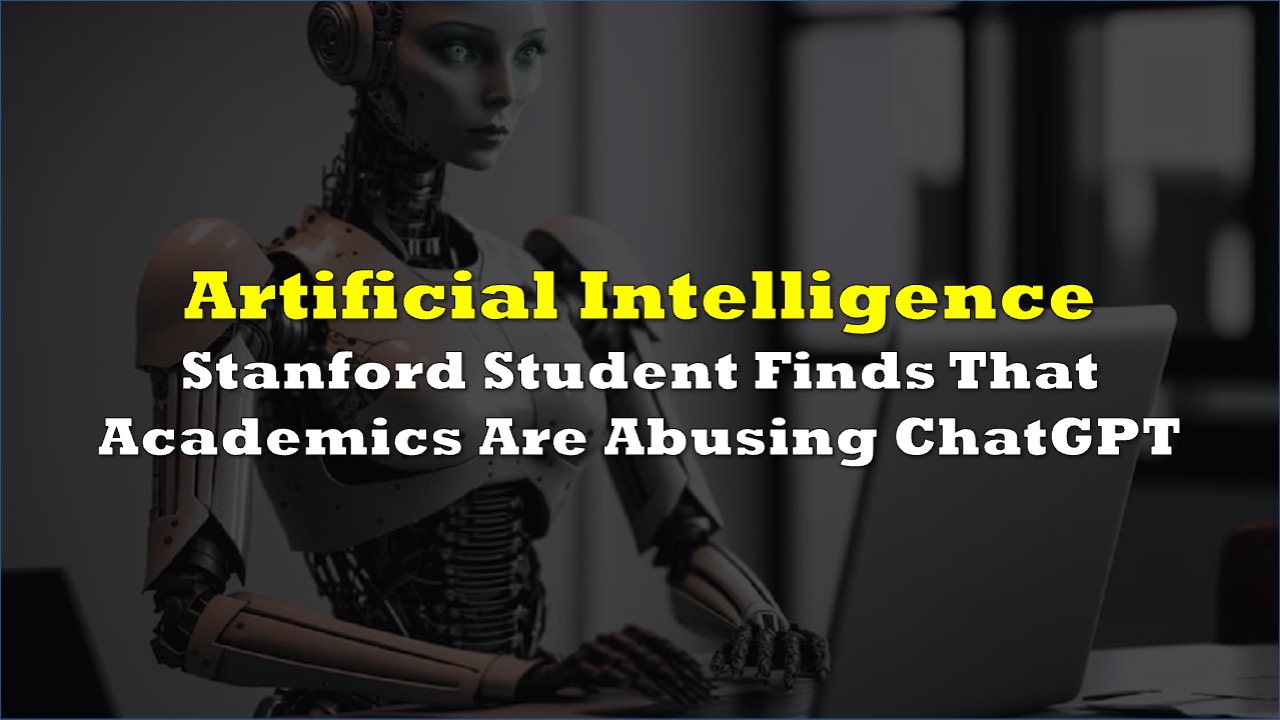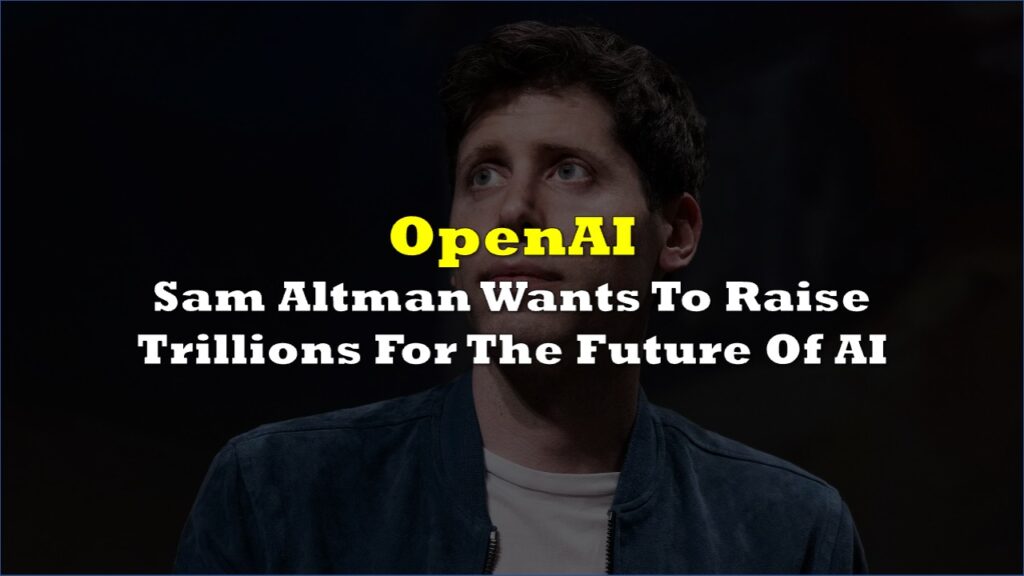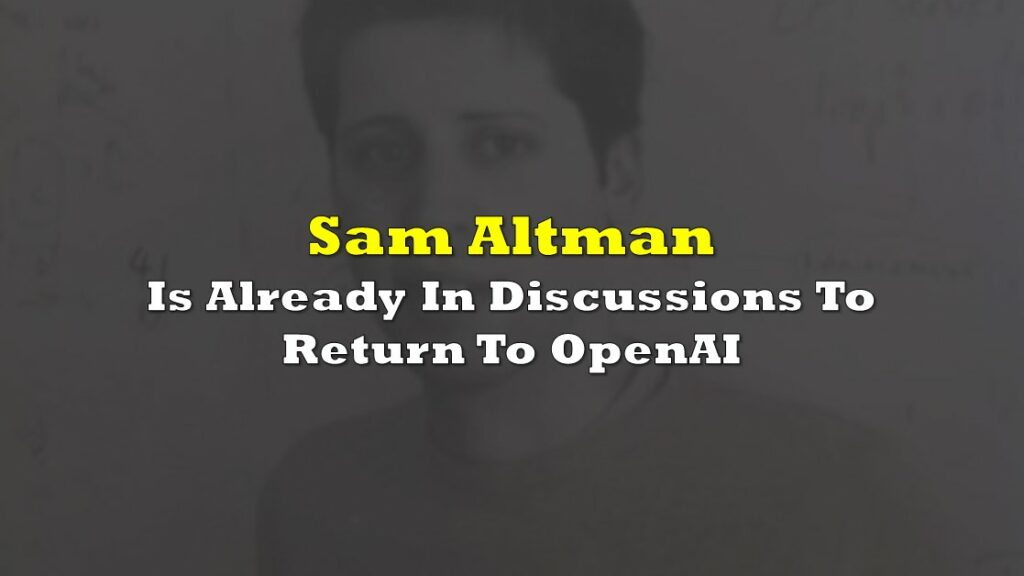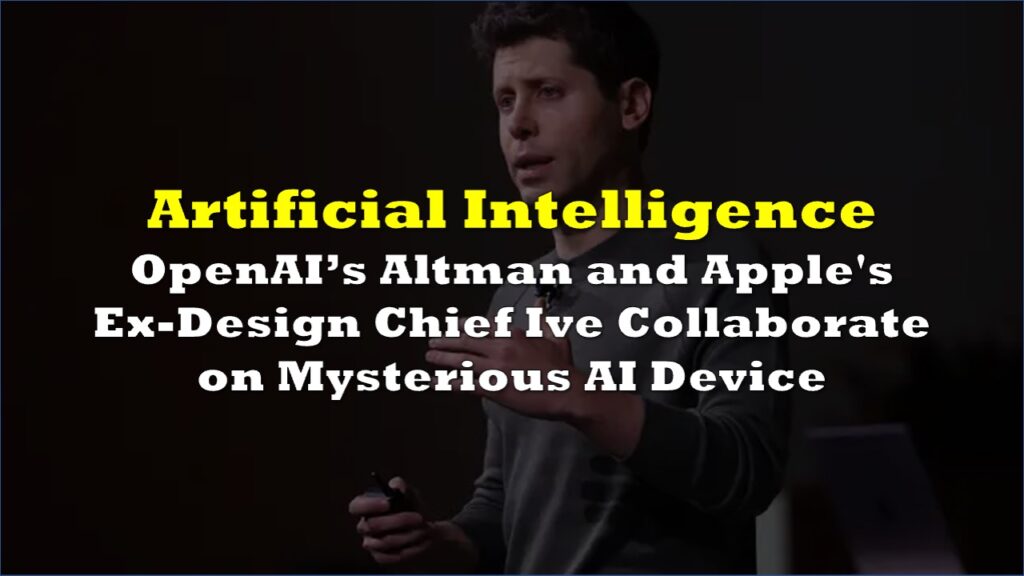Software developer and student at Stanford University Andrew Gao has spotted something peculiar about recently published studies online: many of them forgot to acknowledge a co-author, OpenAI’s ChatGPT.
Gao, who specializes in artificial intelligence and large language models, took to X, the platform everyone prefers to still call Twitter, to talk about what he found after doing a search for the phrase “As an AI language model” on Google Scholar.
Go to Google Scholar and look up ‘As an AI language model” -“ChatGPT”’ pic.twitter.com/ujPNb3TCXm
— Andrew Kean Gao (@itsandrewgao) August 10, 2023
The phrase is how the large language model ChatGPT begins its responses as a blanket disclaimer whenever it’s asked to take on the role of a human – like when prompted to have an opinion on something subjective about something, discuss a theory, or whenever it’s prompted to generate restricted content.
While the phrase has proliferated a good portion of the web, the results that Gao pulled up from Google Scholar — the search engine for scholarly/academic content — was astounding. There were papers upon papers, peer-reviewed journals, book analyses, and more.
A 🧵 of peer reviewed published scientific research where the authors left out a key coauthor 😉:
— Andrew Kean Gao (@itsandrewgao) August 10, 2023
“As an AI language model…” @MicrobiomDigest pic.twitter.com/AKvyIGyZq8
One would think academics, of all people, would be careful enough to check the output and not have to copy-paste the entire ChatGPT response, including the now-ubiquitous disclaimer phrase.
According to Gao, and many would agree, using ChatGPT isn’t exactly wrong as it can be useful, but — it needs to be properly acknowledged. This also highlights the fact that AI-generated content is not yet completely reliable as large language models have the tendency to make things up, or “hallucinate.”
I don't think it's wrong to use GPT but it should be acknowledged. GPT can especially help researchers who aren't so strong in English to help communicate their results and avoid paying hundreds of dollars for editing. But it doesn't seem the case in these screenshots!
— Andrew Kean Gao (@itsandrewgao) August 10, 2023
In June, a New York judge fined lawyers for using ChatGPT to create a legal brief. Attorneys Peter LoDuca and Steven Schwartz, and their law firm Levidow, Levidow & Oberman were slapped with a $5,000 sanction. They AI-generated document, which was was supposed to be for an otherwise unremarkable torte case, contained made up cases and citations.
Gao’s findings, while funny at first, also brings to light that people will take what ChatGPT gives them as is, without even giving it a once-over to make sure no glaring phrases like “as an AI language model” make it to their final work.
Information for this story was found via the sources and companies mentioned. The author has no securities or affiliations related to the organizations discussed. Not a recommendation to buy or sell. Always do additional research and consult a professional before purchasing a security. The author holds no licenses.











